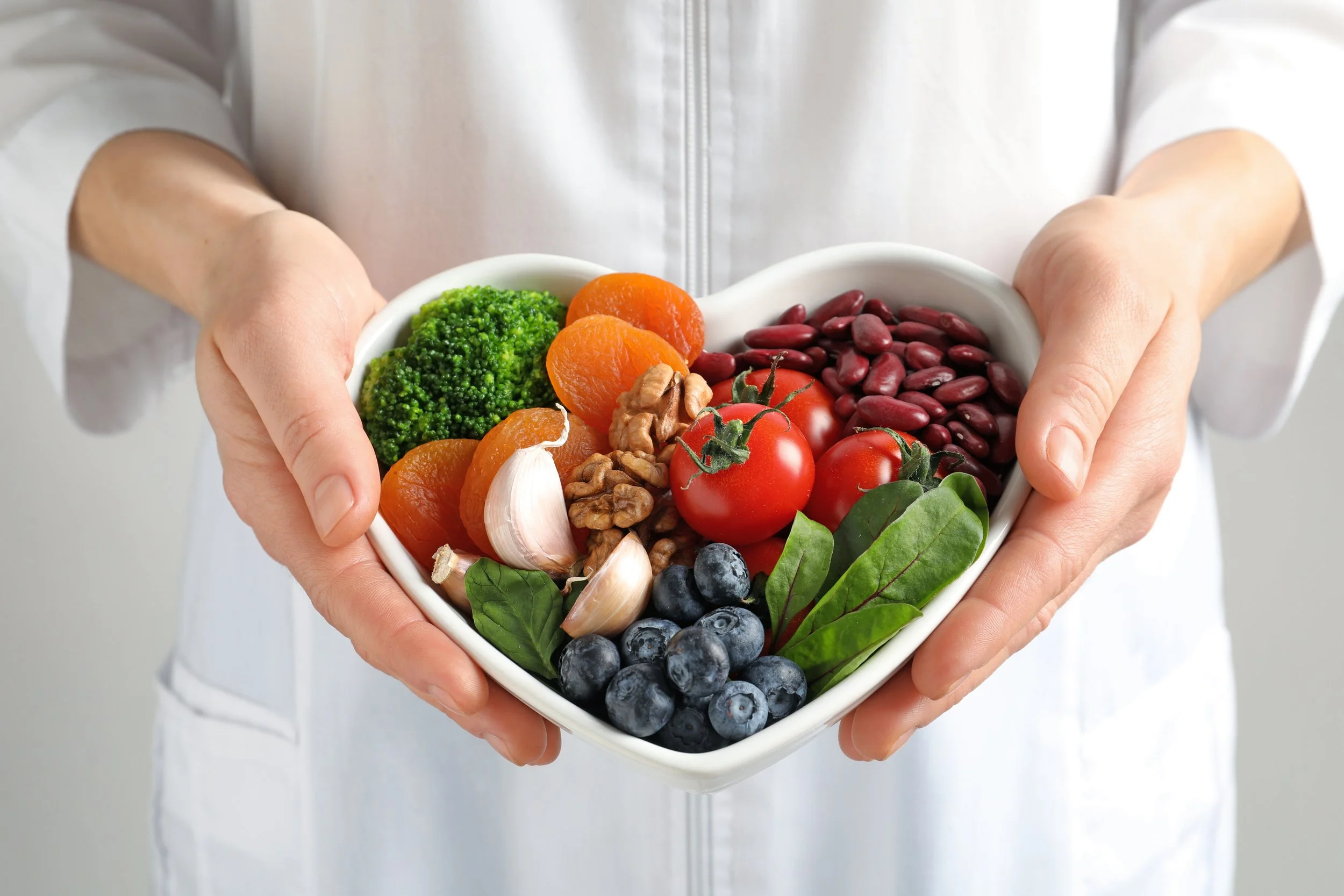At the Colorectal Clinic of Tampa Bay, we believe prevention is just as important as treatment when it comes to your digestive health. Scientific evidence shows that the foods you choose can play a major role in supporting gut function, reducing inflammation, and lowering your risk of colorectal diseases—including colorectal cancer. By adopting a nutrient-rich diet, you can improve bowel regularity, strengthen your microbiome, and protect your colon for the long term.
1. Fiber-Rich Foods for Healthy Bowel Movements
Why they help: Dietary fiber promotes regularity, softens stool, and feeds beneficial gut bacteria. A high-fiber diet is linked to a reduced risk of colorectal cancer and diverticular disease (Aune et al., 2011).
Best sources:
Whole grains (oats, quinoa, brown rice)
Legumes (lentils, black beans, chickpeas)
Vegetables (broccoli, carrots, leafy greens)
Fruits (apples, berries, pears)
2. Probiotic Foods to Support Gut Microbiota
Why they help: Probiotics—live beneficial bacteria—help maintain a healthy gut microbiome, which influences digestion, immune function, and colon health. Clinical studies show probiotics may improve bowel function and reduce inflammation (Ouwehand et al., 2002).
Best sources:
Yogurt with live cultures
Kefir
Fermented vegetables (sauerkraut, kimchi)
Miso and tempeh
3. Prebiotic Foods to Feed Good Bacteria
Why they help: Prebiotics are fibers that fuel healthy gut bacteria. Combining prebiotic foods with probiotics (a “synbiotic” approach) enhances digestive benefits and promotes a healthier colon environment (Roberfroid et al., 2010).
Best sources:
Garlic
Onions
Asparagus
Bananas
Chicory root
4. Omega-3 Fatty Acids for Anti-Inflammatory Support
Why they help: Omega-3 fatty acids help reduce gut inflammation, which can play a role in preventing inflammatory bowel disease (IBD) and colorectal cancer (Cockbain et al., 2012).
Best sources:
Salmon, mackerel, sardines
Flaxseeds and chia seeds
Walnuts
5. Hydration and Fluid-Rich Foods
Why they help: Proper hydration softens stool, prevents constipation, and supports overall gut motility. Adequate water intake also enhances the benefits of a high-fiber diet (Popkin et al., 2010).
Best sources:
Water and herbal teas
Watermelon, cucumber, celery, oranges
6. Limit Red and Processed Meats
Why it matters: Diets high in red and processed meats are associated with an increased risk of colorectal cancer (Chan et al., 2011). Substituting plant-based proteins or fish can help lower your risk.
How Colorectal Clinic of Tampa Bay Supports Your Digestive Health
Our team takes a comprehensive approach to colorectal care, combining advanced diagnostics with nutrition counseling and lifestyle recommendations. Whether you are looking to improve digestive function, manage a chronic bowel condition, or prevent colorectal disease, our personalized care plans are designed to keep your gut healthy for years to come.
Works Cited
Aune, D., et al. (2011). Dietary fibre, whole grains, and risk of colorectal cancer. BMC Medicine, 9(1), 13. Link
Ouwehand, A. C., et al. (2002). Probiotic and other functional microbes: From markets to mechanisms. British Journal of Nutrition, 88(S1), S45-S49. Link
Roberfroid, M., et al. (2010). Prebiotic effects: Metabolic and health benefits. British Journal of Nutrition, 104(S2), S1-S63. Link
Cockbain, A. J., et al. (2012). Omega-3 fatty acids for the prevention of colorectal cancer. British Journal of Cancer, 107(4), 593-600. Link
Popkin, B. M., et al. (2010). Water, hydration, and health. Nutrition Reviews, 68(8), 439-458. Link
Chan, D. S., et al. (2011). Red and processed meat and colorectal cancer incidence. PLoS One, 6(6), e20456. Link

